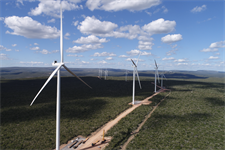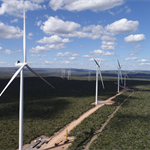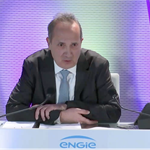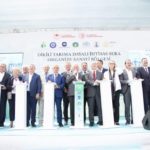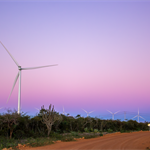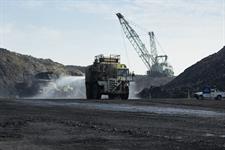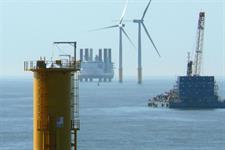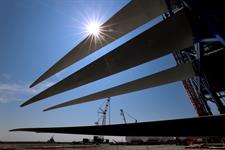Engie completes Campo Largo 2 wind complex in Brazil
Energy Disrupter
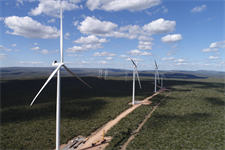
Engie has completed construction of the 361.2MW Campo Largo 2 Campo Largo 2 (361.2MW) OnshoreUmburanas and Sento Sé, Bahia, Brazil, Central & South America Click to see full details wind complex in north-east Brazil.
Located in Bahia state and built at a cost of BRL 1.6 billion ($302 million), the project will increase the company’s installed wind capacity in Brazil to 1,263MW.
The wind farm is the third that Engie has built in Bahia after the 326.7MW Campo Largo 1 Campo Largo 1 (326.7MW) OnshoreBahia, Brazil, Central & South America Click to see full details and Umburanas complexes, which began commercial operations in 2018 and 2019 respectively.
Construction of the Campo Largo 2 complex began in July 2019 while assembly of the first turbines began in July 2020. The first wind farm in the complex began commercial operations in February this year and in August, the last of the 86 of Vestas’ V150-4.0/4.2 turbines were assembled, commissioned and connected to the grid.
Brazil’s energy regulator Aneel has now granted authorization for the last three farms of the Campo Largo 2 complex to begin commercial operations
“Existing synergies in the region, among them the same substation, transmission line, site infrastructure and internal accesses, permitted an accelerated delivery of this project,” said Eduardo Sattamini, CEO of Engie Brasil Energia.
The project was made financially possible due to the signing of 140 power purchase agreements with unregulated clients.
The company is now working to complete the Santo Agostinho wind complex in the state of Rio Grande do Norte. Costing BRL 2.3 billion, the complex consists of 70 turbines with a total installed capacity of 434MW and is due to begin commercial operations in March 2023.
“Given its potential, the expansion of wind energy in Brazil is at the core of Engie’s growth strategy. We shall continue contributing to making the Brazilian electrical matrix cleaner, remaining alert to all the opportunities for accelerating the transition towards a low carbon economy in the country”, said Sattamini.

